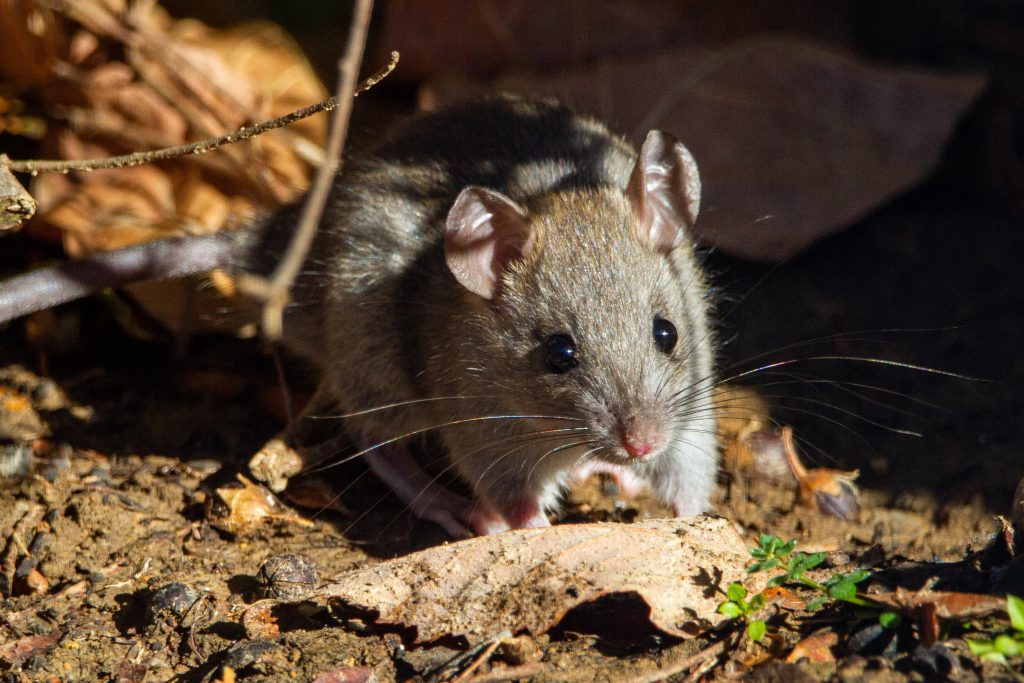Automobile Association advises on the issue of damage caused by rodents to vehicles
The issue of rodents or other creatures finding a home in your engine bay was quite uncommon until COVID-19 restrictions were put in place.
As many people began to use their cars less, or some cases not at all, you would think catastrophic damage was a complete impossibility. Well, think again. Parked-up cars are actually the ideal shelter for breeding, resting or feeding rodents with engines being warm, dry and generally undisturbed.
You’d be surprised just how much damage these little creatures can cause your vehicle should they decide to nest, resulting in quite the repair bill.
Luckily for you, the AA are here to help.
As mentioned before, your unused vehicle is a perfect place for rodents to make a home in. Insulating fabric cans be used as bedding, engines can be used as a pantry of sorts. And, when food gets scattered around the engine or inside the vehicle, driving becomes a whole lot riskier. Discarded food is flammable and can also interfere with pedal mechanisms.
As well as these risks, the creatures can chew through wiring harnesses causing short circuits, they can chew through coolant pipes or they can get stuck behind dashboards.
Not only do rodents pose a serious risk to your vehicle’s mechanics, but they can interfere with the aesthetic appeal too. The tears or scratching from the creatures can ruin the interior surfaces and droppings, mouldy food or decomposing creatures can lead to very unpleasant smells.
To complete the package, rodents also pose a risk to public health by carrying fleas, viruses and many other unpleasant and infectious things. Full disinfection of the vehicle must be carried out if you are to discover rodents.
It is possible to protect yourself from rodent damage and to ensure that you have no unwanted passengers on your staycations.
Simply avoid regularly leaving dog or cat food in the garden or near your vehicle and to avoid leaving the vehicle unattended for a very long time and try to seal off any entry points to the engine.
If rodents do manage to get into your engine, then you should try your best to make it very difficult for them to nest. This can be done by spraying deterrent smells, by using bright lights, noise boxes with low frequency or by putting some cat litter or pet hair inside the vehicle.
Vehicle infestations are more common in the Winter due to engines being a warm place for rodents to seek refuge. You can read more on this topic over on The AA’s Blog Post.

